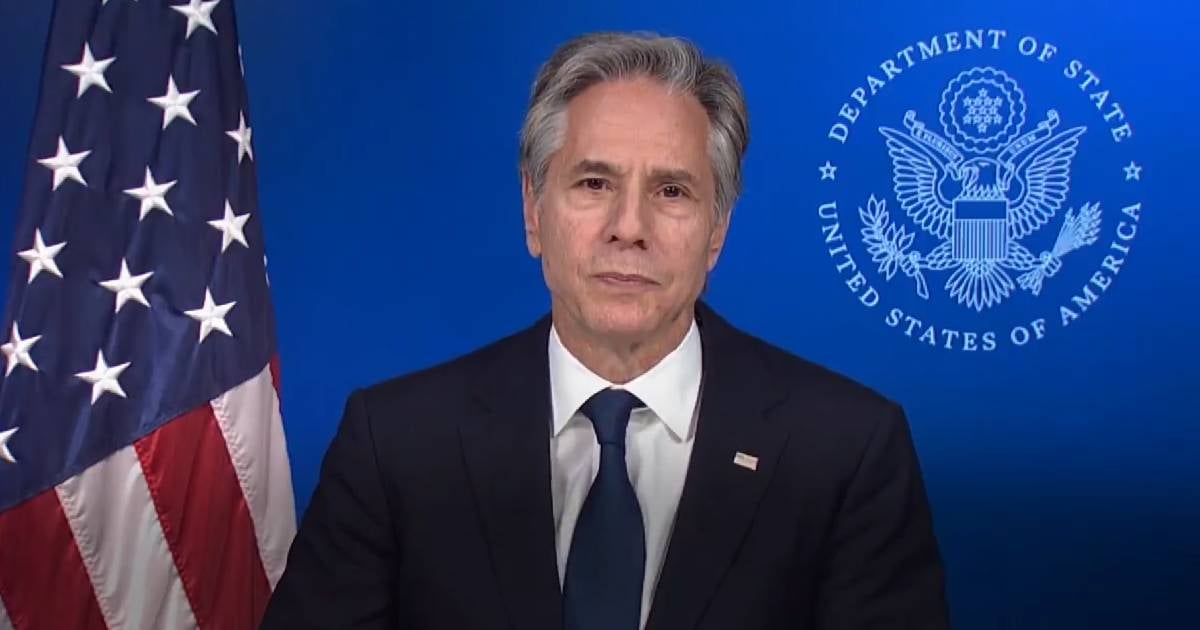The United States government has confirmed that Cuba will remain on the list of state sponsors of terrorism, according to the latest 2023 report from the Department of State on terrorism. This decision is based on the assessment that the Cuban government continues to provide safe haven to terrorists and fugitives, as well as its connections with guerrilla groups.
The report highlights that Cuba was added back to the list in January 2021, following a determination that it repeatedly supported acts of international terrorism. One of the primary reasons cited is Cuba's refusal to extradite leaders of the National Liberation Army (ELN) involved in the 2019 attack on a police academy in Bogotá, Colombia, which resulted in 22 deaths and 87 injuries.
Particular attention is given to ELN leaders Víctor Orlando Cubides (known as “Pablo Tejada”) and Ramírez Pineda (known as “Pablo Beltrán”), whose extradition has been requested by Colombia. Additionally, the report notes that several fugitives from U.S. justice have resided on the island for decades.
Impact of Sanctions and Economic Strain
Cuba remains alongside nations like Iran, North Korea, and the now-overthrown Syrian government, with whom it maintains close ties. Being on this list results in the imposition of severe sanctions, such as restrictions on arms exports, financial limitations, and controls over the export of dual-use goods. These sanctions exacerbate Cuba's economic challenges, further limiting its access to trade and foreign aid.
Ongoing Controversy and Diplomatic Tensions
The continued inclusion of Cuba on this list dispels speculations about its potential removal, especially after the U.S. decided in May to exclude the island from the list of countries not fully cooperating with counter-terrorism efforts. To address concerns, State Department Deputy Spokesperson Vedant Patel explained that despite some cooperation in combating terrorism, Cuba's actions still warrant its presence on the terrorism sponsor list.
In November 2024, Republican Senator Rick Scott voiced alarm over the possibility that President Joe Biden's administration might consider removing Cuba from the list before the end of his term. Scott argued that such a move would ignore the threat posed by the Cuban regime and embolden America's adversaries.
Cuba's Response and Historical Context
The Cuban government has repeatedly requested its removal from the list, labeling its inclusion as unfounded and arbitrary. Following the May decision, Cuba's Ministry of Foreign Affairs reiterated its stance, urging the U.S. to rectify what it perceives as an injustice.
Cuba was initially designated as a state sponsor of terrorism in 1982 due to its support for guerrilla groups. This designation was later revoked in 2015 under the Obama administration as part of a broader effort to normalize relations. However, it was reinstated in 2021 during Donald Trump's presidency.
Frequently Asked Questions about Cuba's Terrorism Sponsor Status
Why is Cuba on the list of state sponsors of terrorism?
Cuba remains on the list due to its continued offering of safe haven to terrorists and fugitives, and its associations with guerrilla groups, as detailed in the Department of State's 2023 report.
What are the implications of Cuba being on this list?
Being on the list subjects Cuba to severe sanctions, including restrictions on arms exports, financial limitations, and controls over dual-use goods, worsening its economic situation.
Have there been any recent changes regarding Cuba's status on the list?
While Cuba remains on the terrorism sponsor list, the U.S. decided in May to remove it from the list of countries not fully cooperating with counter-terrorism efforts.
